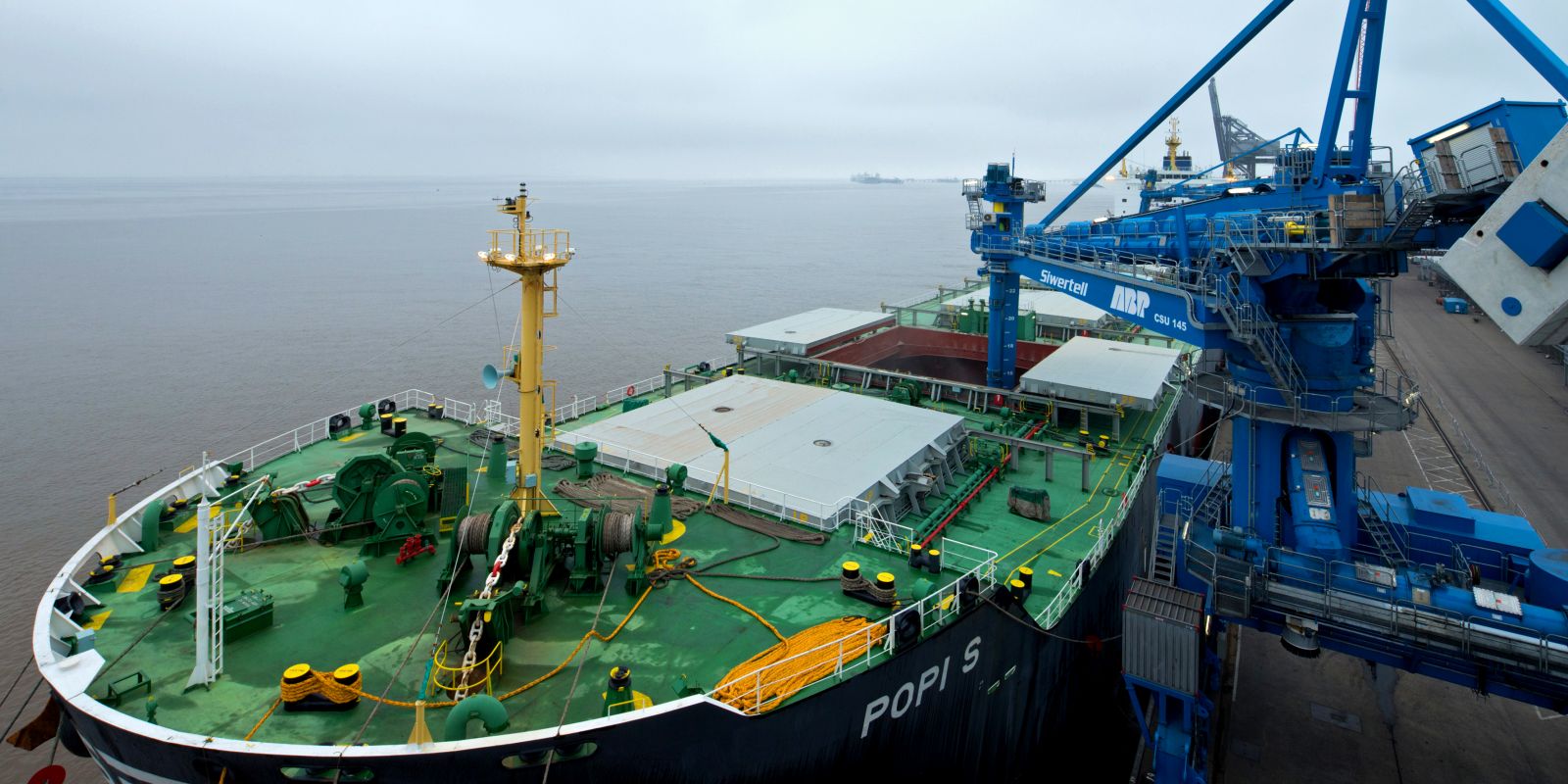Port Opportunities
Our competitive edge in ports and connectivity serving nationally important industries has long supported the growth of UK-leading clusters including food manufacturing and distribution.
The central location of Greater Lincolnshire’s ports allows businesses to serve 75% of the UK population within a four hour drive time, and is a major UK gateway to the Midlands Engine and Northern Powerhouse.
Greater Lincolnshire has 22,000 jobs dependent on road, rail, freight warehousing, and wholesaling businesses, including clusters on the Humber, in South Lincolnshire and on the A1 corridor.
The South Humber ports of Immingham and Grimsby form a major integrated ports and logistics cluster. With the Port of Boston, they offer significant opportunities for post-Brexit trade solutions. Benefiting from a deep-water location, Immingham has direct routes to Europe, North and South America, Africa, Australia, the Middle East and Far East. In Boston and South Lincolnshire businesses and Councils are poised to seize new post-Brexit trade opportunities with an ambitious plan to make the Port of Boston one of Britain's major food ports.
A new Border Control Post (BCP) specialising in food in Spalding has been opened for food imports.
The supply of low carbon energy from world-leading offshore wind farms, solar, AD, renewable hydrogen and bio-methane, will enable a transition to low carbon food chains. The UK Food Valley's is focusing on increasing the use of rail and sea freight to help deliver Net Zero supply chains.
- Grimsby and Immingham offer specialised food logistics services, port warehousing (30,000 square metres), and frequent Ro-Ro and container services to European and global markets.
- Port of Boston offers proximity to Spalding’s food logistics hub, 18,000 square metres warehousing, 50,000 tonnes of grain silos, feeder services to Europe and ambitious ‘food port’ plans.



